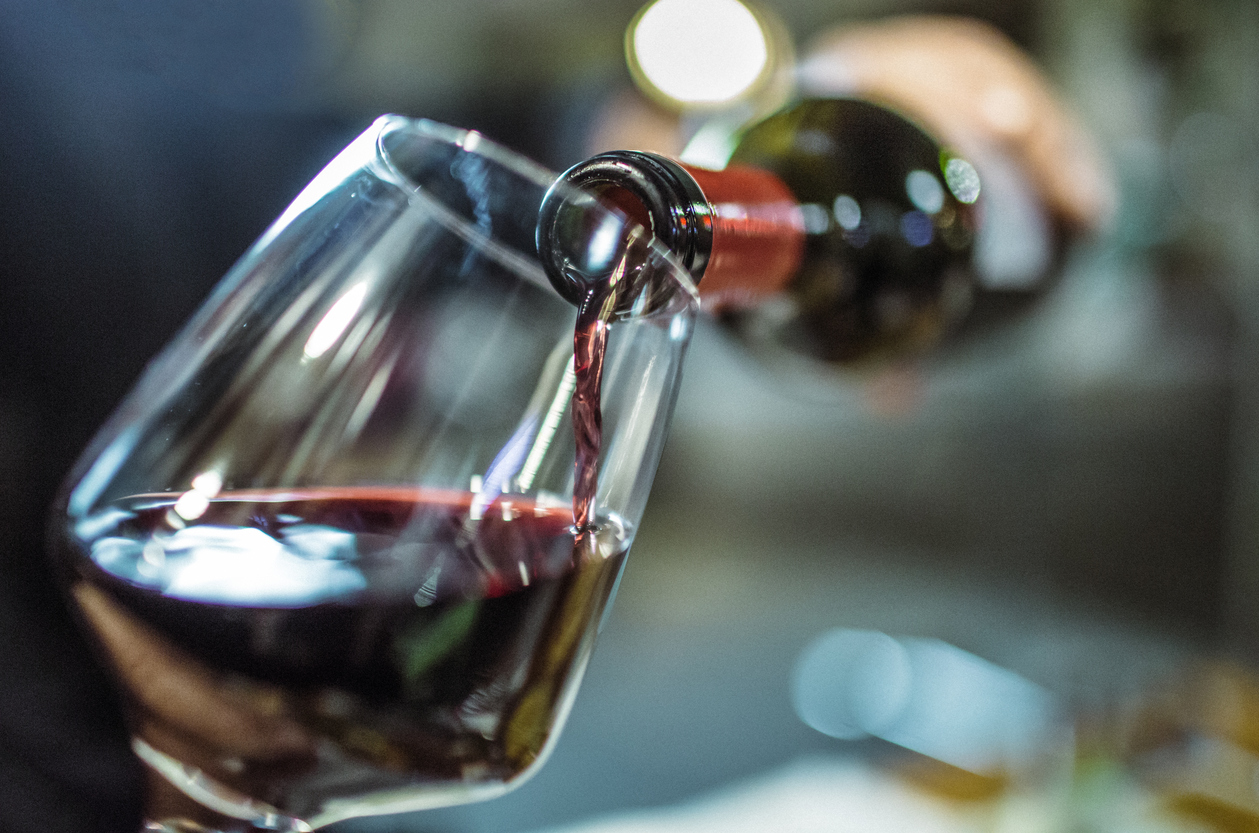The British slang term “safe as houses” was coined for a reason—-property investment has always been seen as the most secure, risk-free way to make money. That’s why Credit Suisse’s recent survey has been so shocking to many in the industry. Observing 118 years of figures from a variety of investments, the survey concluded that, “Equities, not housing, have been the best long-run investment, contrary to recent claims.”
The best performing among those equities was fine wine, showing a 3.7% appreciation, year on year. For contrast, the quality-adjusted real capital gain on worldwide housing was only 2% per year over the same period.
Whilst wine, like property, is susceptible to boom and bust periods, it still appears to be a more profitable and risk-free investment than real estate. And it is not just fine wine’s value that makes it an outstanding investment; there are several reasons why it could be a better overall investment than housing.
Fine wine is easier to buy and sell
Purchasing and offloading property is often painstakingly drawn out for buyers. In order to purchase property, you need to do research, agree a price with the seller, find a solicitor, apply for a mortgage, and carry out a survey. All of this usually takes weeks of legal proceedings, and it can all be for nothing if the seller changes their mind. The selling process is similarly prolonged. Sellers need to choose an estate agent, find a conveyancer, ensure the property is in the right state to be sold, and negotiate with a buyer.
Investing in and selling wine is relatively simple in comparison. Whilst you will still need to undertake substantial research before you buy, the process is much easier overall. That said, it is still imperative that buyers take due care when investing in wine—you should make sure the wine you buy will age well and increase in value.
Or you could invest in a wine fund as an alternative, where a fund manager takes on the buying responsibility on your behalf. Selling wine is also much simpler than selling property. There is no need to sit through drawn out legal proceedings, and there are numerous companies that will value your wine and sell it on for you. All you need to do is ensure that the wine is in the right condition to sell. The London Wine Cellar’s fine wine valuation guide suggests making sure your wine’s label is readable, that its the capsule doesn’t have holes in it and (ideally) that it is kept inside its original wooden case. While these specifications represent a best case scenario, your wine could still be valuable even if it has minor flaws, so it’s still worth getting it valued professionally.
Fine wine is more straightforward to look after
When you buy a bottle of wine, you can leave it untouched in the proper storage conditions for years and watch it grow in value. With property, it isn’t that easy. Renovating, refurbishing, and even general upkeep can take time, effort, and money—-as can the responsibilities that come with being a landlord should you choose to rent out your property.
With wine, it’s just a matter of correct storage. Keeping your bottle at the right temperature, and making sure you don’t expose it to too much light should be all it takes to preserve a bottle’s condition and flavour. At its most difficult, this can involve using a climate-controlled cellar. And if that proves too difficult, you can always have your wine stored in a cellar by professionals. Wine cellar types vary from traditional underground cellars to modern temperature-controlled rooms, each designed to preserve and age wines effectively.
Since fine wine is easier to buy, sell, and look after than property, it already seemed like a better choice of investment to many. Now that it has been proven to increase in value at a quicker rate, there’s an even stronger case to be made for fine wine being a much better way to spend, and earn, your money.



 Bitcoin
Bitcoin  Ethereum
Ethereum  Tether
Tether  XRP
XRP  USDC
USDC  Solana
Solana  Cardano
Cardano  TRON
TRON  Lido Staked Ether
Lido Staked Ether  Toncoin
Toncoin  Avalanche
Avalanche